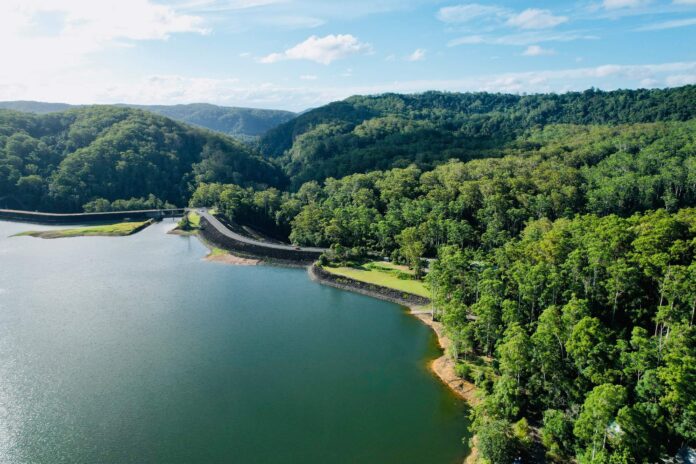The region’s dam levels have plummeted and while there is still “ample” water supply, measures are being taken to prepare for prolonged drought and a booming population.
Water supply has dropped from 97 per cent of capacity in February last year to less than 66 per cent.
The slump was constant from July last year until last month and represented the longest period of decline since data collection started in 2008. Some sporadic showers and storms during the past month have hardly made an impact.
The SEQ Water Grid, which includes the Sunshine Coast, includes a connection of bulk water assets such as dams, pipelines and water treatment plants that allow the state’s water body, Seqwater, to move treated drinking water around the region.
With an El Nino phase (warmer and drier conditions typically lasting for about a year), climate change (increasing average temperatures and levels of evaporation) and an increasing population, the network will be placed under more strain.
Do you have an opinion to share? Submit a Letter to the Editor at Sunshine Coast News via news@sunshinecoastnews.com.au. You must include your name and suburb.
Seqwater general manager customer, strategy and planning Ross Muir said there was still plenty of water available, but they were planning for the short and long term.
“While there is ample water supply available, we’re taking several early preparedness measures as part of drought response planning, should prolonged dry conditions continue,” he said.
“As part of these measures, production from the Gold Coast Desalination Plant was increased this month to support the broader SEQ Water Grid.”
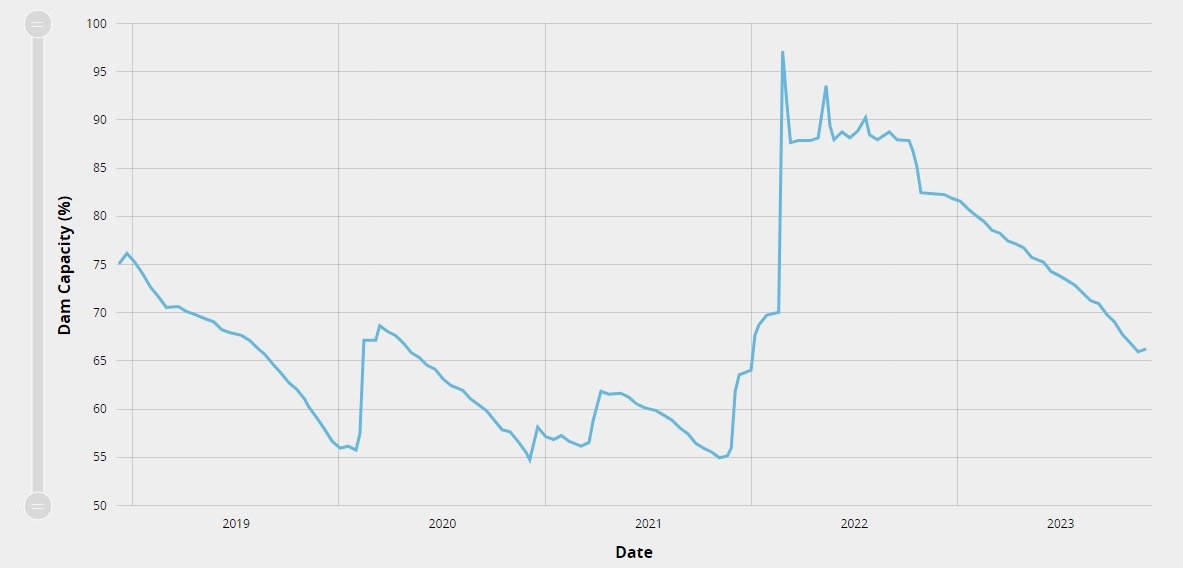
Mr Muir said the state’s water body was well placed to cope with the strain.
“Thanks to investments in the SEQ Water Grid and ongoing water security planning, South-East Queensland has a safe, reliable and resilient water supply network,” he said.
“Having the grid and climate-resilient assets means we now have more options to manage water supply challenges arising from sporadic rainfall, drought, climate change and population growth.
“We work collaboratively with Unitywater, the Sunshine Coast’s retail water service provider, to ensure resilient bulk water supplies, including in dry conditions.”
He said locals were some of the most conservative water users.
“Sunshine Coast and Moreton Bay households have some of the lowest water usage, with households using an average of 185 litres per day during October, compared with the SEQ’s average of 194 litres per day.
“These efforts are appreciated, and together with grid operational decisions, can help delay and even potentially avoid the need for mandatory restrictions should South-East Queensland experience a prolonged drought.”
There are 12 dams in the south-east, with six in the Sunshine Coast and Noosa regions. The largest local dam is Lake Baroon, which is 61 per cent full. Its capacity is 61,000 megalitres.
“Seqwater will continue monitoring dam levels and managing the operation of the SEQ Water Grid to meet demand and conditions,” Mr Muir said.
Water demand in the south-east is expected to increase from about 300,000 megalitres per year to about 500,000 megalitres per year during the next 30 years.
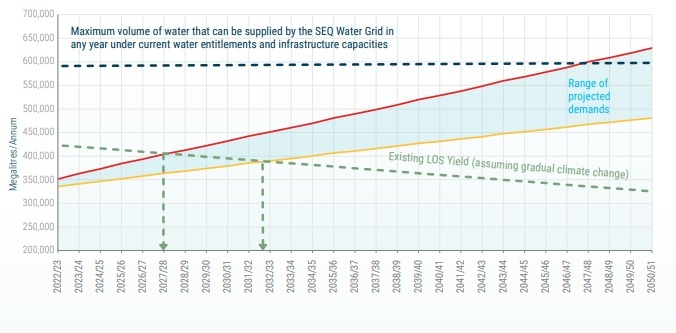
The recently released Queensland Water Security Program stated that Seqwater will need to invest in solutions to maintain water supply.
“Current modelling shows there is sufficient supply to manage through an extreme drought until the middle of the next decade,” the report said.
“However, there is enough climate change and demand uncertainty to justify starting to plan for the next major upgrade now.”
The report said the network was “sensitive” to the effects of climate change.
Modelling predicted the existing water supply system will be able to meet demand until 2031 to 2041, but the system could only sustain enough water to meet demand until 2027 to 2032 with gradual climate-related impacts.
The program’s action plan includes the potential for new pipelines, an expansion of the Gold Coast Desalination Plant, a new Wyaralong Water Treatment Plant, and a new desalination plant that could be built on the Sunshine Coast.
The new and expanded plants could start operating between 2028 to 2035.
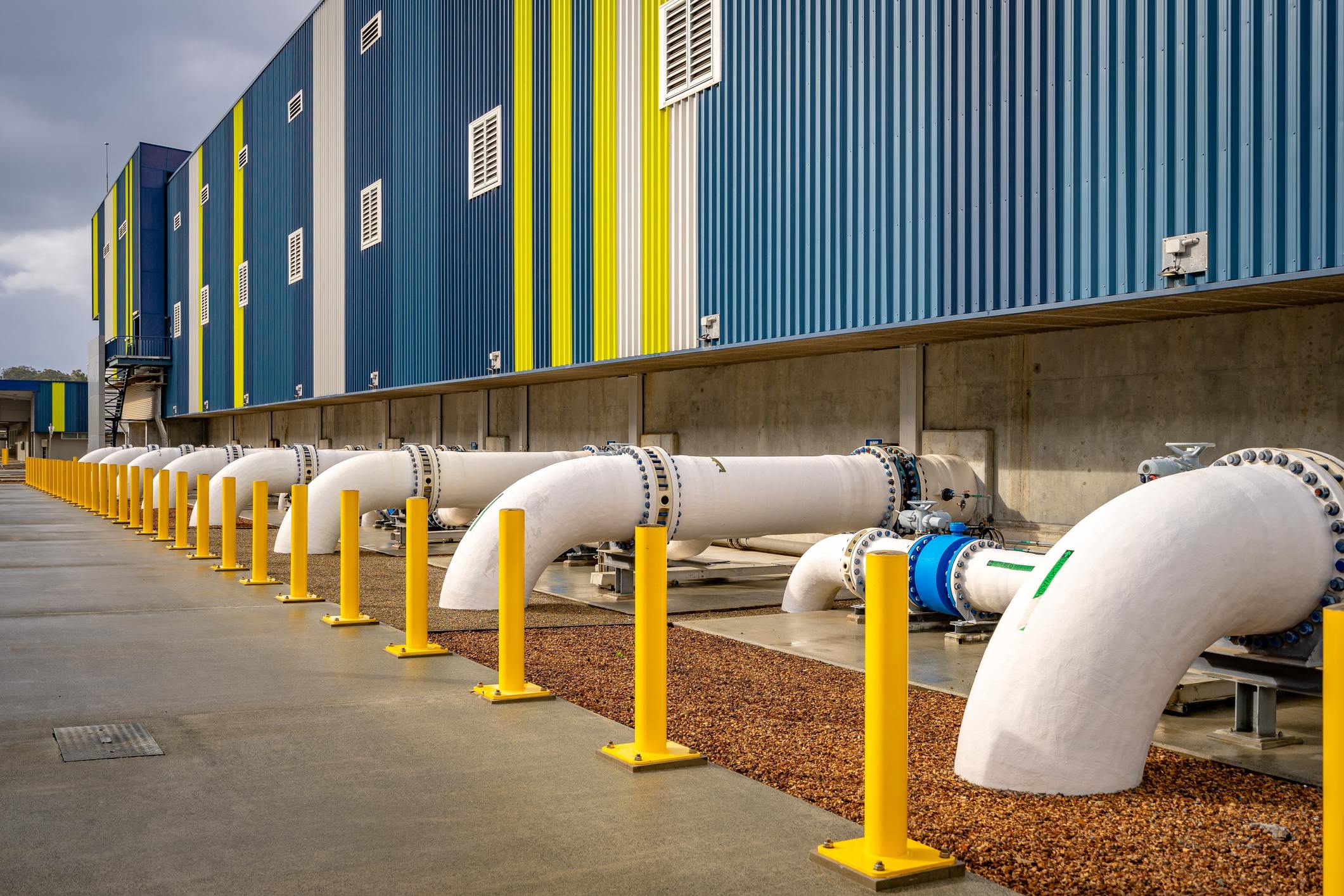
Seqwater will also implement campaigns to encourage water efficiency and introduce water restrictions when necessary.
Mr Muir said the program outlined a plan to deliver “safe and secure water supply well into the future for a growing population”.
“It details our long-term planning for maintaining a diversified, expanded mix of bulk water sources, inclusive of a new desalination plant within the northern region to supplement existing bulk water supplies,” he said.
The report said desalination plants could be crucial.
“Unlike most of the drinking water produced in SEQ, desalination is not dependent on rainfall and may be used in times of extreme weather including droughts and in times of flood when sediment loads in flood water are difficult to treat,” it said.
“When the second desalination plant is built (potentially at Kawana), initially it is expected to be needed during drought and for operational flexibility when other major assets are offline due to extreme weather or planned maintenance.
“It is likely that over time, SEQ may become less reliant on dams to supply its water demands as the use of desalinated water increases.
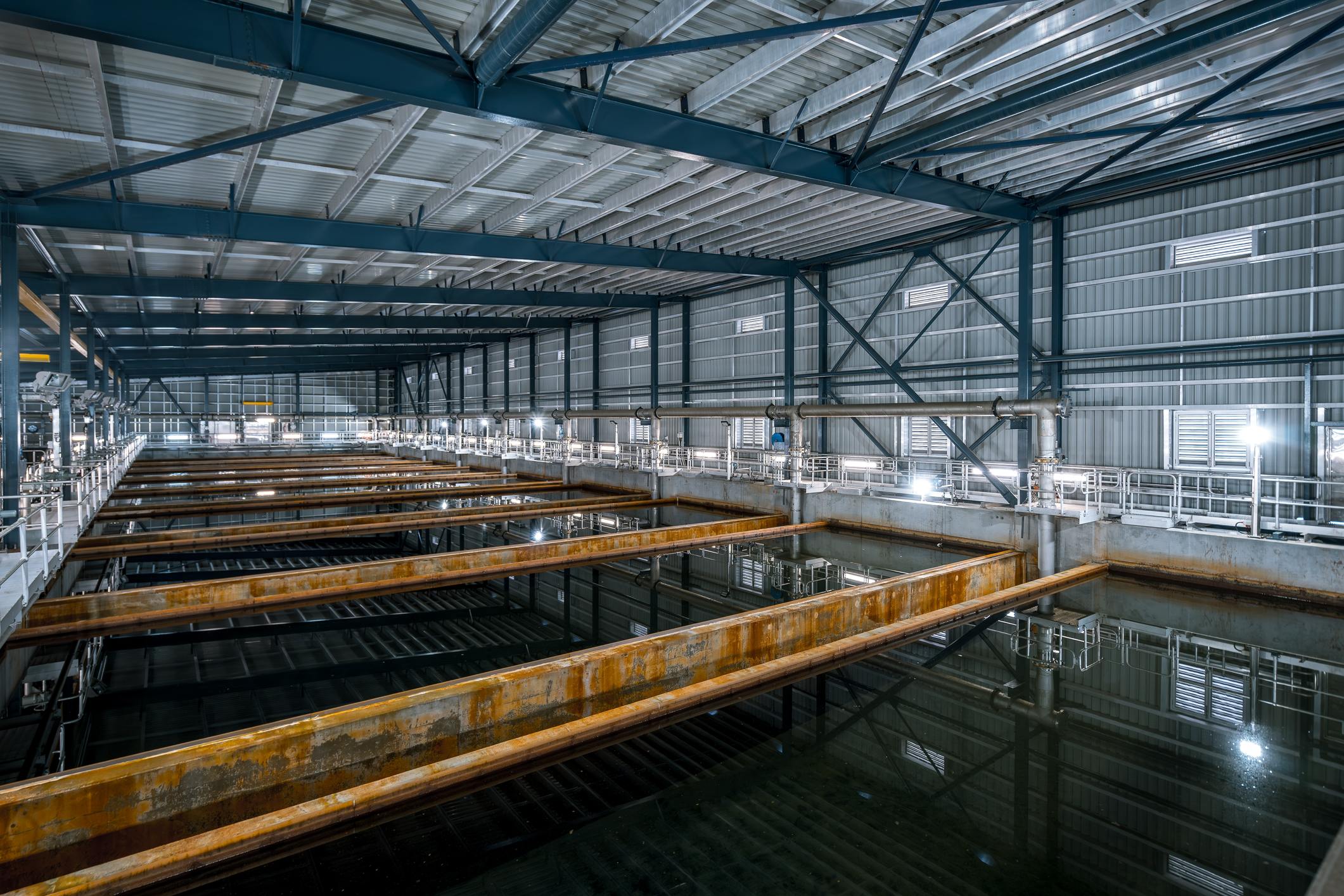
“A key advantage of having a greater proportion of desalination in the future bulk water supply mix means the demand-supply balance will be subject to less volatility.
“This means there will be less need to set aside large volumes of water in water storages as a buffer against future uncertainty in rainfall, inflows and evaporation rates.
“This may, in turn, create short-term, temporary opportunities to make spare water available to support agriculture and other industries in the region.”
Meanwhile, Unitywater have issued a reminder about how to be waterwise: take shorter showers (four minutes is best); check for leaks; brush your teeth with the tap off; use the half-flush button on the toilet; do a full load in your dishwasher and washing machine each time; install water-saving shower heads; choose native plants; water gardens and lawns with a watering can or a hose with a trigger nozzle in the morning and evening when it’s cooler, and only water when you really need to; and sweep the driveway, instead of hosing.
Like stories about Sunshine Coast people doing great things? Help us deliver more by registering for our FREE daily news feed. All it requires is your name and email at the bottom of this article.


